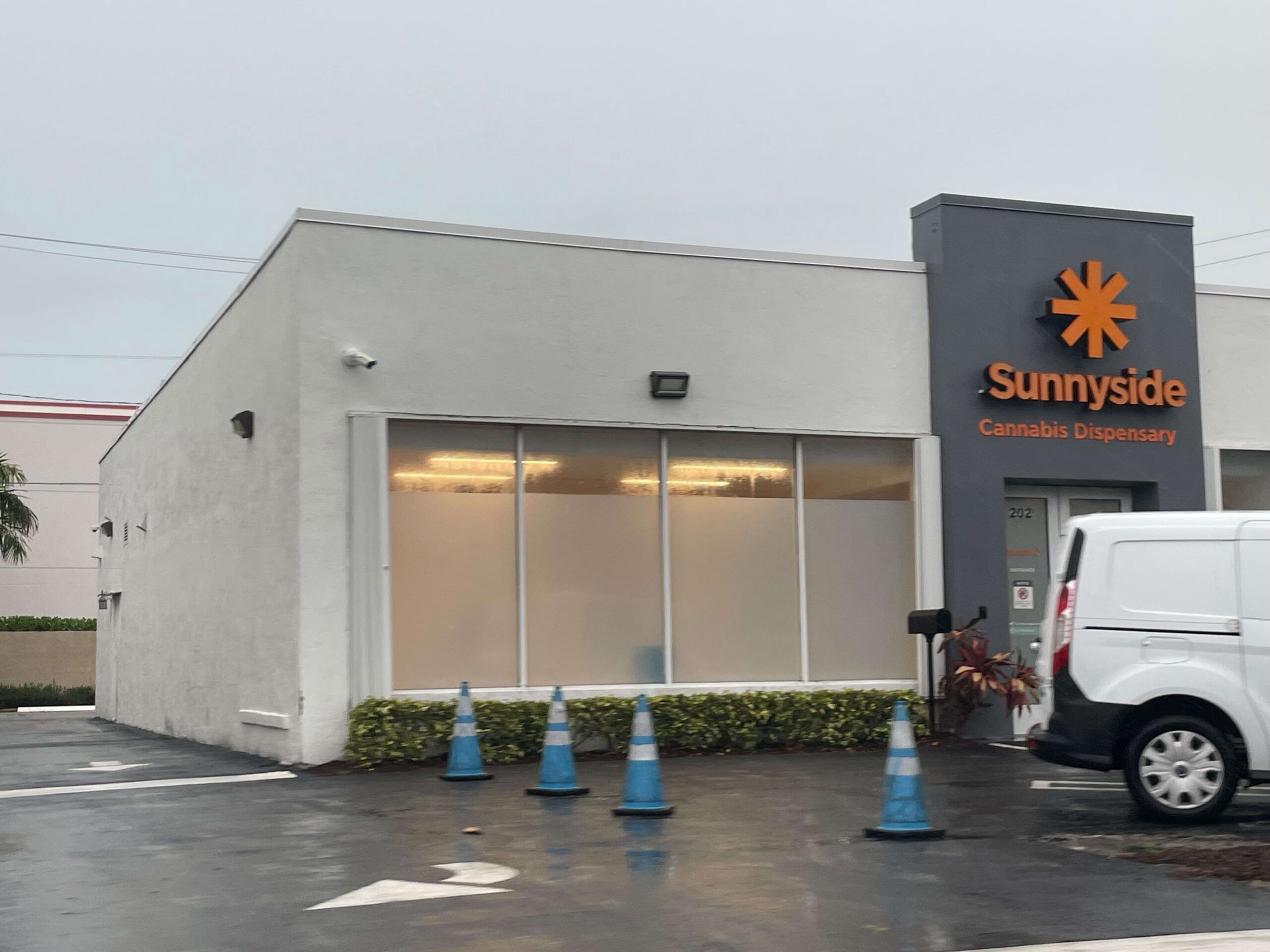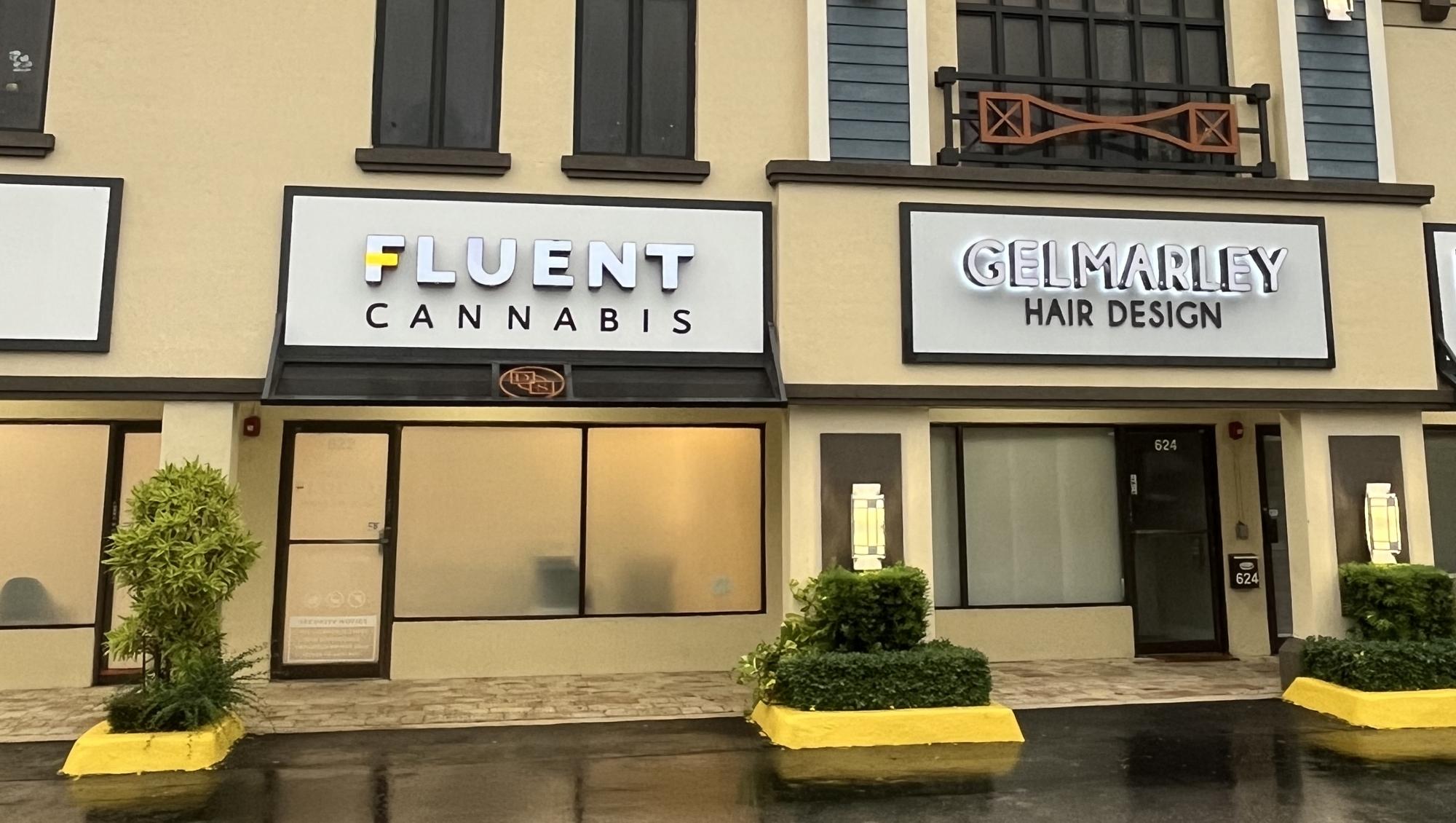If Florida eventually legalizes recreational marijuana—for instance via the proposed 2026 constitutional amendment that would allow adults 21+ to purchase and possess cannabis—delivery services would likely expand significantly beyond the current medical‑only system.
Currently, only registered medical patients and their caregivers may access delivery from licensed Medical Marijuana Treatment Centers (MMTCs). Those centers operate under strict rules:
- Patients must have a qualifying condition and ID card, with physician certification required.
- Delivery is limited to registered individuals and caregivers only.
- MMTCs may not dispense more than a 70‑day supply of cannabis, and for smokable products, no more than a 35‑day supply (max ~2.5 ounces unless exception approved) within any 35‑day window.
- Packaging and delivery devices must meet medical‑only standards: plain, opaque, child‑resistant, and plainly labelled; delivery devices must appear medical in nature.
Once recreational legalization takes effect, delivery could radically shift:
1. Broader access for adults
Recreational delivery would be open to any adult 21+, not just medical cardholders. Licensed retail entities could deliver non‑medical cannabis, likely including existing MMTCs and potentially new recreational‑focused retailers.
2. Larger purchase limits
Rather than tightening medical‑only limits (70‑day/35‑day supply), recreational rules will probably establish possession thresholds common in other legal states—often around 1.5 to 3 ounces per transaction or per day. Patients would no longer need to track physician orders or registry windows for recreational delivery.
3. Looser packaging and marketing rules
Packaging rules for recreational products typically allow branded, retail‑style packaging (as long as child‑safety and warning info is included), unlike medical‑only plain opaque wrapping. Marketing constraints would shift accordingly—e.g., no adult‑targeted marketing to minors, but permitted branding aimed at consumers.
4. More delivery licensing and competition
Under current medical law, only a handful of vertically integrated entities operate MMTCs statewide. Once recreational laws come in, Florida would likely open wholesale and retail licensing, allowing more companies to deliver—creating competition, more variety, and possibly lower prices.
5. Extended hours and broader geography
Medical MMTCs are barred from dispensing in‑store between 9 p.m. and 7 a.m., though delivery is permitted around the clock. Recreational delivery rules could allow greater flexibility, potentially with longer or 24/7 delivery operations, with regional coverage by multiple delivery providers.
6. Regulatory oversight and consumer protections
Recreational delivery regulations would likely include provisions for driver verification of age, order tracking, and safety protocols. Existing medical compliance mechanisms (tracking seed‑to‑sale, registry oversight) would be adapted to the recreational side, with added licensing requirements, penalties for violations, and possibly local opt‑ins or opt‑outs of delivery services.
How Much Change Will That Be?
To summarize, the transition from Florida’s current medical cannabis delivery to a full recreational delivery system would be dramatic:
- Who can receive delivery would expand from medical‑only to any adult 21+.
- How much one can buy (and how often) would increase and simplify—no physician certification or registry tracking.
- How many companies offer delivery would balloon, moving beyond a small group of MMTCs to multiple licensed retail entities competing.
- Packaging and marketing would be retail‑oriented rather than medical‑style minimalist.
- Hours and geography of operation would likely expand.
- Regulation would shift to a broader consumer protection framework, though underlying infrastructure (like seed‑to‑sale tracking) would be reused or expanded.
In essence, Florida’s future recreational delivery model could mirror that of fully legal adult‑use states, while medical patients retain continuity under existing MMTC and registry systems. This shift would bring legal, accessible, and convenient home delivery options to millions more—transforming cannabis access across the state.


